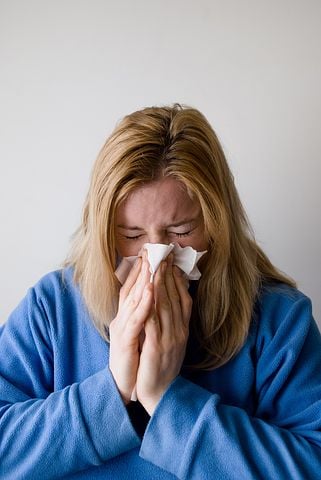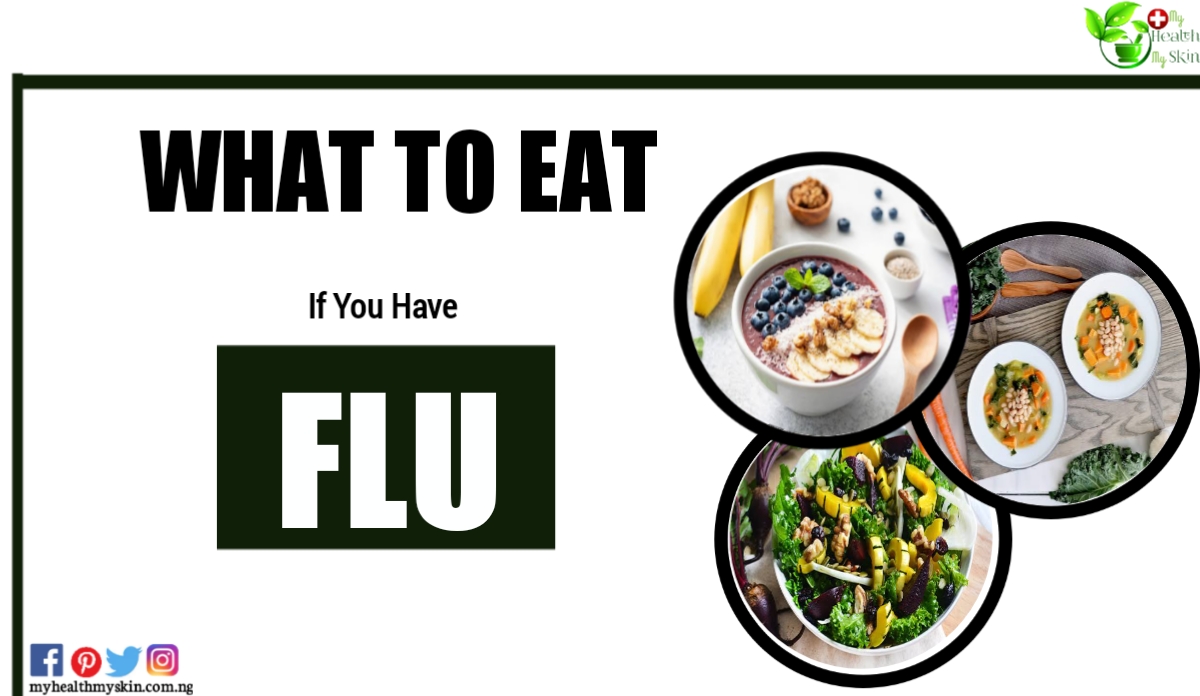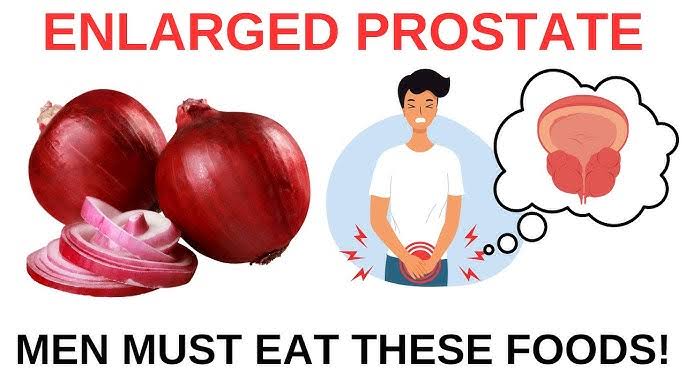Several American states have been suffering from the increase in cases of flu caused by the Influenza A – H3N2 virus, the same one that is on the rise in the northern hemisphere of the planet.
And despite this microorganism already circulating around the world since 1960, its mutation, generated in Australia, is largely responsible for the outbreak of the disease in many cities.
Therefore, those who contracted it may ask themselves: what to eat with influenza?

What Is Influenza A — H3n2
First, it’s worth understanding: the H3N2 virus, which is easily transmitted from person to person through droplets expelled through coughing, sneezing or even speech, emerged in Hong Kong in the 1960s.
However, a new mutation occurred in Australia called Darwin, is worrying medical authorities. The variant has been responsible for the increase in the number of cases in Brazil.
The high in cases drew attention due to the period in which it occurs: just before the arrival of summer, a season in which peaks of the disease do not usually appear.
Some causes are pointed out, such as the relaxation of protective measures against Covid-19, in addition to the lack of adherence to the national flu vaccination campaign and the ineffectiveness of the vaccine against the new variant.
That’s because while the current immunization was designed to fight H3N2, it doesn’t protect against Darwin.
According to the Butantan Institute, a new formula for the immunizing agent against influenza will include the strain, and should start to be produced in January, according to the recommendation of the World Health Organization.
I got influenza. And now?
The immune system is our body’s surveillance system, working 24 hours a day to identify and eliminate viruses and bacteria that can make us sick.
As such, it is one of the most complex systems in the body and is made up of many organs, cells, and proteins—including the skin, corneas, respiratory system mucosa, gastrointestinal tract, and lymphatic system.
It is always active, carrying out surveillance, but its activity is intensified if an individual becomes infected.
In this way, the body’s metabolism rate increases, requiring energy sources and substrates to fight infection and to form new molecules.
And how to ensure the body’s adequate supply of nutrients? With a balanced diet, of course!
But what to eat (or drink) with influenza? Try to keep your diet as natural as possible.
The lack of appetite is one of the symptoms of the flu, but going without food can prolong the action of the disease.
Therefore, precisely because you are eating less, the ideal is to choose strategic and extremely nutritious meals. Here’s how to do this:
Water, Teas And Soups
Dishes and drinks rich in water are essential as they hydrate the body. In addition, the steam from items served hot alleviates nasal congestion.
Likewise, plants and herbs have calming, relaxing and anti-inflammatory properties that help to alleviate the feeling of being unwell.
Finally, it’s worth working out liquids: about 35ml for each kilogram of body weight per day.
What To Eat With Influenza: Good Quality Proteins
Chicken breast, eggs, low-fat meats, tofu and mushrooms carry essential amino acids, compounds important for the functioning of various processes in the body (including immunological ones).
Complex Carbohydrates
They are sources of energy, but are slowly digested by the body, which causes glucose (sugar) to fall into the bloodstream in a controlled manner.
As a bonus, they still concentrate a lot of fibers. Good examples: whole foods, sweet potatoes, oats, cassava, grains and nuts.
What To Eat With Influenza: Fruits And Vegetables
A diet rich in fruits and vegetables guarantees all the necessary vitamins and minerals to strengthen the body.
Therefore, prioritize fresh items such as berries, dark green leaves, broccoli and oranges.
Foods Rich In Vitamin C
The ascorbic acid, commonly known as vitamin C, helps the absorption of iron by the body, has anti-inflammatory and antioxidant action and stimulates production of white blood cells (small structures that prevent and fight infections).
So consuming ingredients rich in this nutrient won’t necessarily miraculously cure the flu, but it can boost the immune system. Invest in: broccoli, kale, yellow pepper, cashew, guava, papaya, mango, acerola, orange and lemon.
What To Eat With Influenza: Roots And Natural Spices
Spices and roots are often used as dietary strategies to better support the immune system. Check out the main ones:
Turmeric or Curcumin: consists of a plant active called curcumin. Its main benefits are treating infections and also having antibacterial, antiviral and antifungal properties;
Ginger: the ginger rhizome has many bioactive elements, including gingerols, which act against fungi, bacteria and viruses;
Black pepper: rich in retinol (vitamin A), ascorbic acid (vitamin C) and minerals such as iron and potassium. Helps in the daily maintenance of the immune system;
Mint: has actives such as menthol and ascorbic acid;
Basil: its main active is eugenol, which is a natural compound that has several immunological activities.
Thus, it has an appreciable inhibitory effect onoxidative stress and the inflammatory response.
Fibers And Probiotics
Did you know that gut and immunity are closely linked?
This happens because, there, live bacteria that are extremely beneficial to the immune system.
Therefore, prioritizing a diet rich in fiber and probiotics enhances the proper functioning of the digestive system, contributing to the protection of the body. To see more post on Physical & Mental Health click here.







